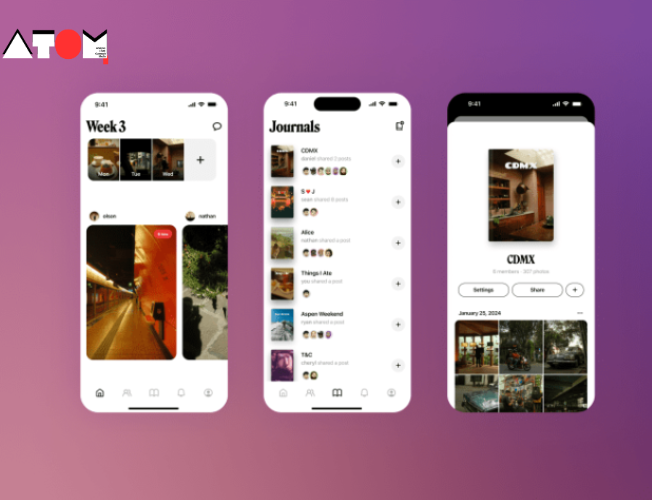Retro, a little photo-sharing company, has accused Google Photos, a behemoth in the computer industry, of stealing its concept and style. Relative to its own programme, Retro was taken aback to find a new feature in Google Photos that closely resembles its own. Retro has amassed a sizable following for its private photo and video sharing features.
Retro’s Rise in the Photo-Sharing Scene
Retro has grown in popularity among users who would rather communicate with their friends and family in secret through images and videos. The creative strategy of the startup is to let users record their everyday activities and showcase their memories in a way that is organised week by week. Retro has distinguished itself in the cutthroat photo-sharing market thanks to this user-friendly feature.
Google Photos Introduces “My Week”
The uproar started after a screenshot of a new Google Photos feature named “My Week” was posted on X, formerly known as Twitter. Similar to Retro, this feature invites users to record and photograph their everyday activities, which are then presented in a weekly style. There have been claims of idea theft because of how much “My Week” and Retro’s current functionality resemble each other.
The Impact on Retro
The crew and creators of Retro were shocked to learn the truth. Thanks to its distinctive method of capturing consumers’ everyday life, the firm has worked hard to carve out a position for itself in the photo-sharing sector. There are worries about how this may affect Retro’s user base and growth, given that a large tech giant such as Google has just released a strikingly comparable function.
The Growing Influence of Retro
Retro’s success story is proof of its cutting-edge functionality and user-focused design. The app has gained a devoted following because to its capacity to provide a more personal and exclusive photo-sharing experience, which has struck a chord with a large audience. The potential for Retro to upend the photo-sharing industry is highlighted by its increasing popularity, which makes Google Photos’ purported copying of the startup all the more noteworthy.
The Challenge of Competing with Big Tech
For any startup, taking on industry heavyweights like Google is a hard endeavour. Retro’s story serves as a reminder of the difficulties smaller businesses encounter when their creative ideas appear to be taken up by more established rivals. Important concerns concerning creativity, intellectual property, and entrepreneurs’ capacity to safeguard their original ideas are brought up by this circumstance.
Protecting Innovation and Creativity
Innovation and originality are essential to the computer industry’s success, and maintaining these qualities is essential to a vibrant market. Retro’s situation highlights the need for more robust protections to guarantee that startups may compete fairly and prevent larger corporations from stealing their original ideas.
What Lies Ahead for Retro
Retro is dedicated to delivering a distinctive and private photo-sharing experience in spite of the obstacles. In order to preserve its competitive advantage, the startup is thinking about methods to further set itself apart and is looking at legal options. Retro will need the help of its user base and the larger IT community to get through this difficult circumstance.
Final Thoughts
The Google Photos and Retro case serves as a reminder of the digital industry’s fierce competition and potential consequences. Startups are the engine of invention, thus it’s critical to make sure their concepts and labours are sufficiently safeguarded. Retro’s tale serves as a tribute to the value of innovation and the continuous struggle for fair competition in the ever changing tech industry.





